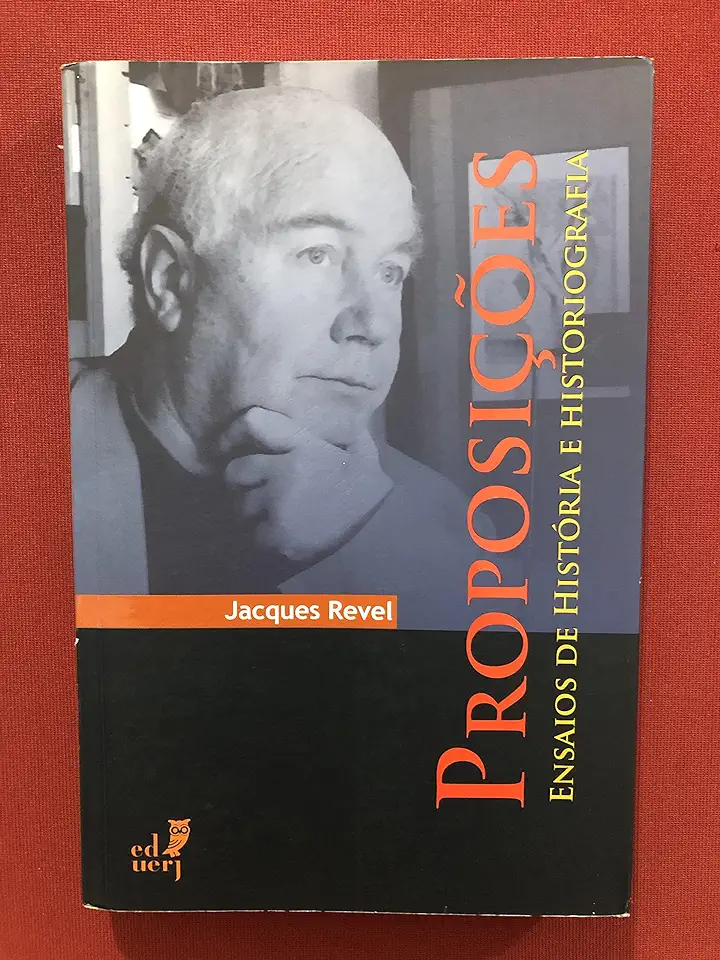
Propositions - Essays on History and Historiography - Jacques Revel
Propositions: Essays on History and Historiography by Jacques Revel
In his book "Propositions: Essays on History and Historiography," Jacques Revel offers a thought-provoking exploration of the nature of history and the ways in which it is written. Through a series of insightful essays, Revel challenges traditional notions of historical objectivity and truth, arguing that all history is subjective and shaped by the perspectives and biases of the historian.
Revel's Central Argument
At the heart of Revel's argument is the idea that history is not a simple record of past events, but rather a complex process of interpretation and reconstruction. Historians, he argues, are not simply passive observers of the past, but active participants in the creation of historical narratives. They select and interpret evidence, and they shape their accounts of the past according to their own values and beliefs.
The Subjectivity of History
Revel provides numerous examples of the subjectivity of history. He shows how different historians have interpreted the same events in different ways, depending on their own perspectives and agendas. For example, he discusses how the French Revolution has been interpreted as a progressive movement towards democracy, a violent and destructive upheaval, and a complex and multifaceted event that defies easy categorization.
The Role of the Historian
Revel also explores the role of the historian in shaping historical narratives. He argues that historians are not simply neutral observers, but rather active participants in the process of historical interpretation. They make choices about what evidence to use, how to interpret that evidence, and how to present their findings. These choices are influenced by the historian's own values, beliefs, and experiences.
The Importance of Reflexivity
In light of the subjectivity of history, Revel argues that it is essential for historians to be reflexive about their own work. They need to be aware of their own biases and perspectives, and they need to be transparent about the ways in which they have shaped their historical narratives. This reflexivity is essential for producing more accurate and nuanced accounts of the past.
Conclusion
"Propositions: Essays on History and Historiography" is a challenging and provocative book that offers a new way of thinking about history. Revel's insights into the subjectivity of history and the role of the historian are essential reading for anyone interested in understanding the past. This book is a must-read for historians, students of history, and anyone else who is interested in the ways in which we understand the past.
Why You Should Read This Book
If you are interested in history, historiography, or the nature of truth, then "Propositions: Essays on History and Historiography" is a must-read. Revel's insights are both thought-provoking and challenging, and they will force you to rethink the way you think about the past. This book is essential reading for anyone who wants to understand the complex and multifaceted nature of history.